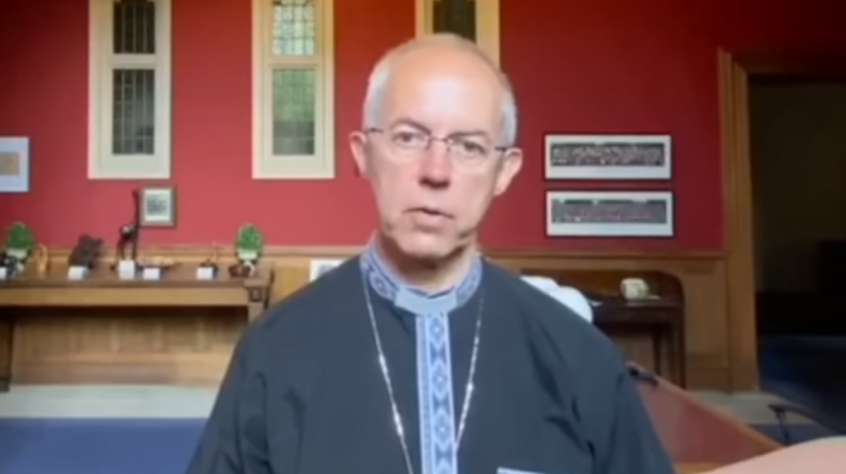
The national response to coronavirus should be more localised and less centralised, the Archbishop of Canterbury has said.
In a joint comment with the Bishop of London in The Telegraph, Justin Welby warned that the Government's handling of the pandemic may be hampered if it continues to insist on a centralised response.
He argued that "the new normal of living with Covid-19 will only be sustainable – or even endurable – if we challenge our addiction to centralisation and go back to an age-old principle: only do centrally what must be done centrally".
The Archbishop conceded that much of the Church of England's own guidance on coronavirus had been issued centrally, and that the Church was "not immune to the temptation to pull more decisions into the centre".
However, he said this was "a temptation that should be resisted" because it was the "on the ground response" that had proved "most vital" in responding to the pandemic.
"Local communities, councils, and, yes, churches have played the most important delivery roles of all," he said.
"While the guidance and direction may come from central authorities, those local structures that have been implementing, organising and responding in their own immediate communities are in many ways the heartbeat of the response to the pandemic."
He continued: "As lockdown has eased, it has given us the chance to appreciate afresh what our communities have to offer.
"Many of us have celebrated the freedom to go to a favourite local restaurant or get a haircut. For people of faith, the opportunity to gather again in worship and prayer has been a great blessing.
"Locality matters: it means a home; community; stability."













